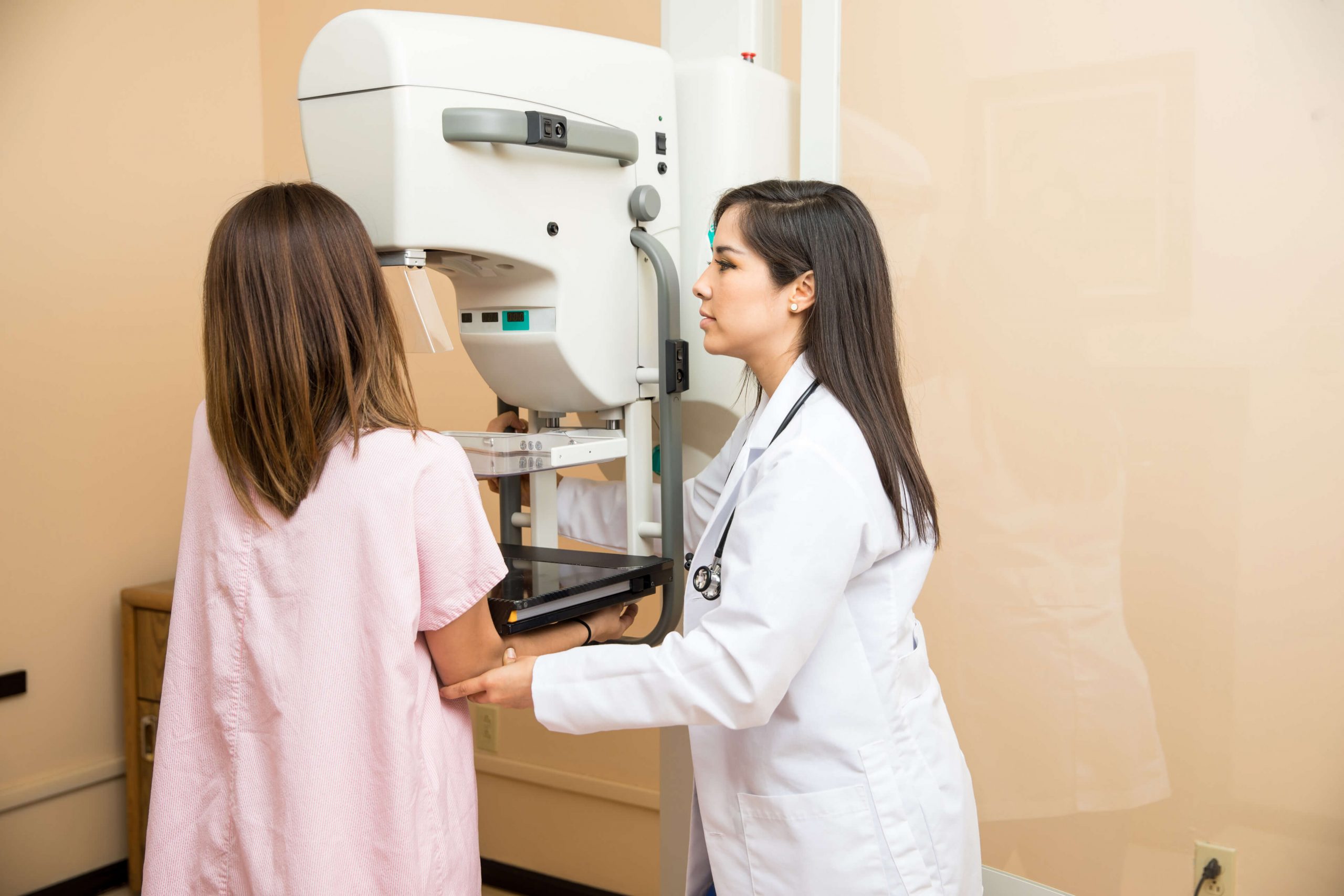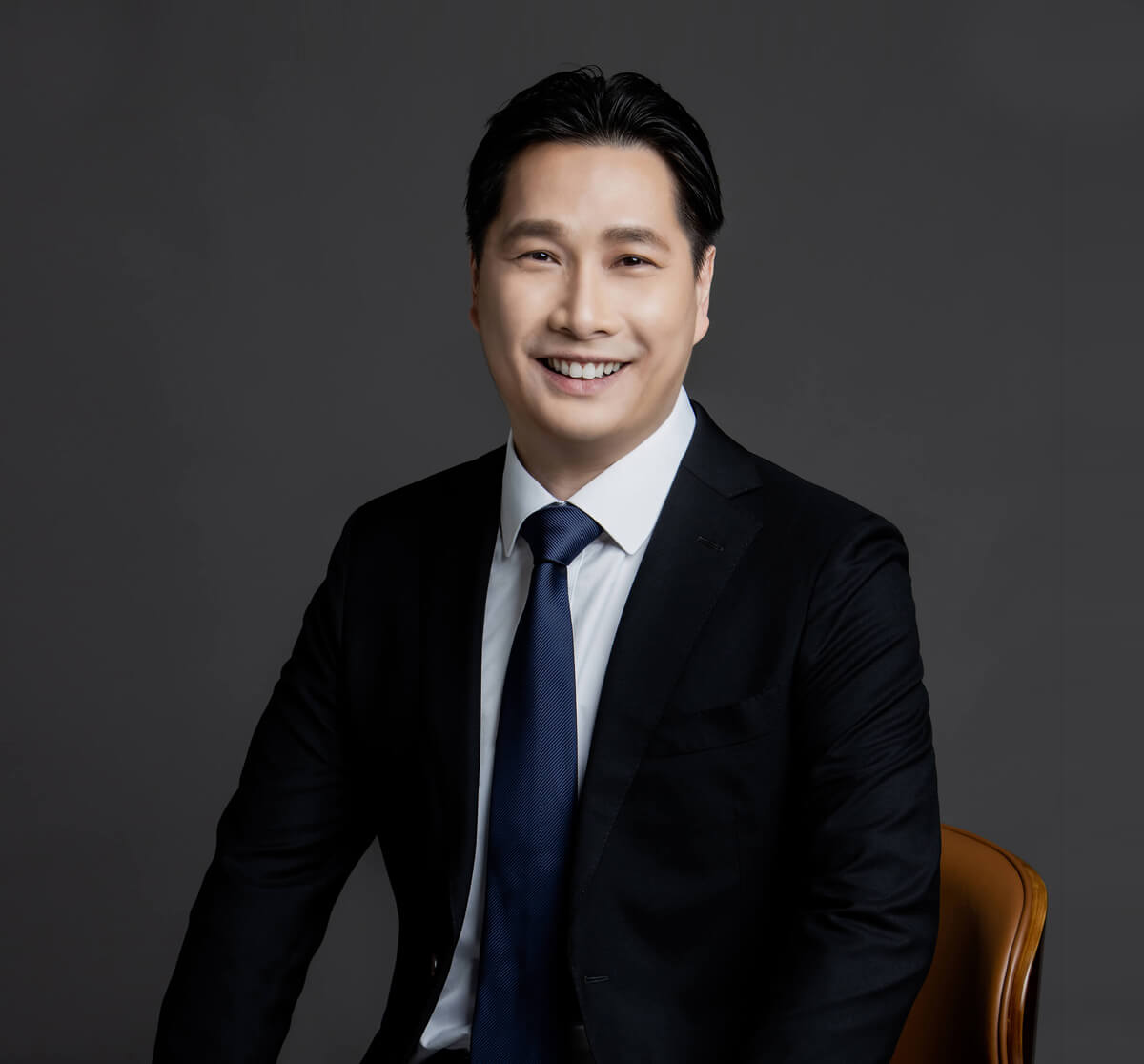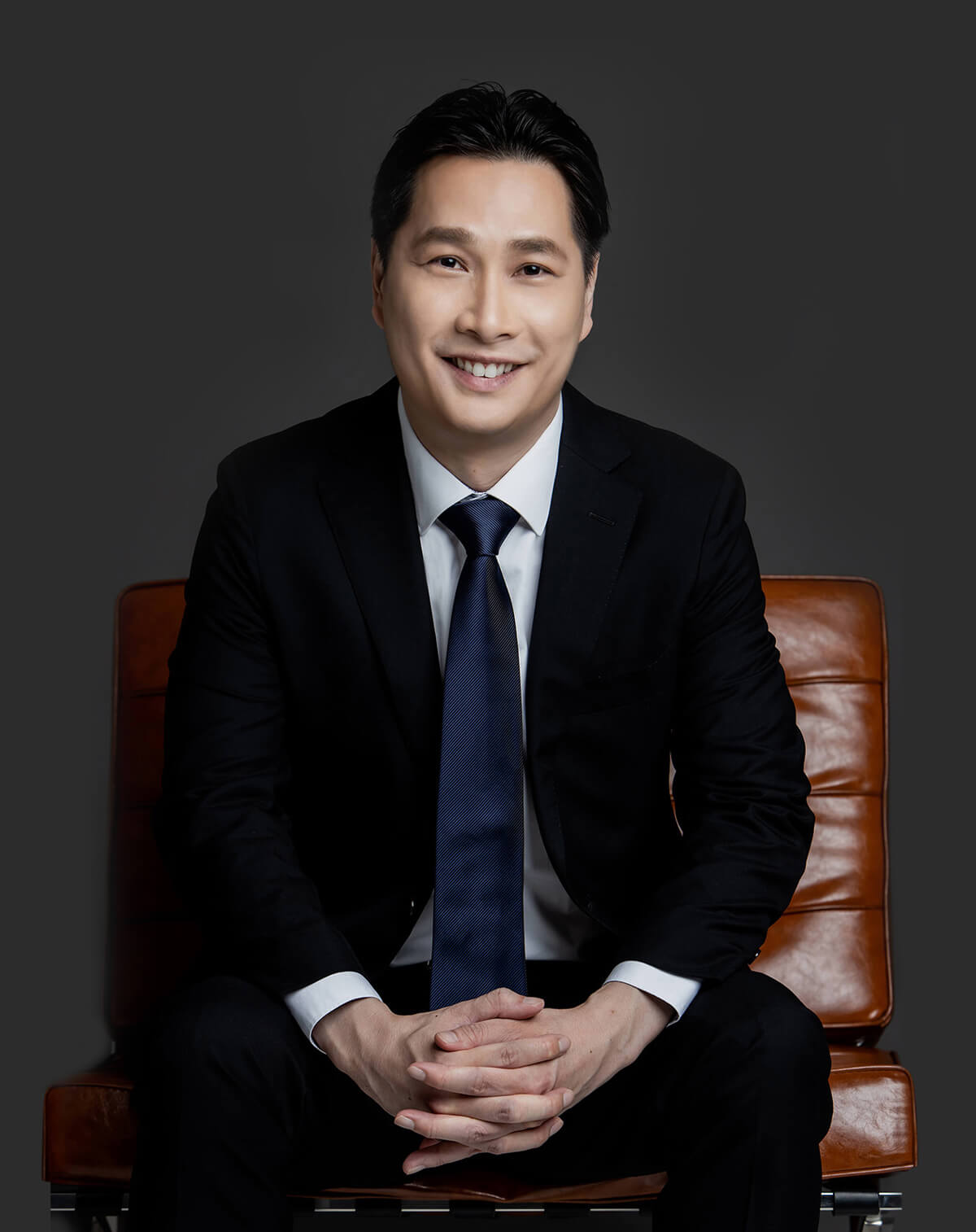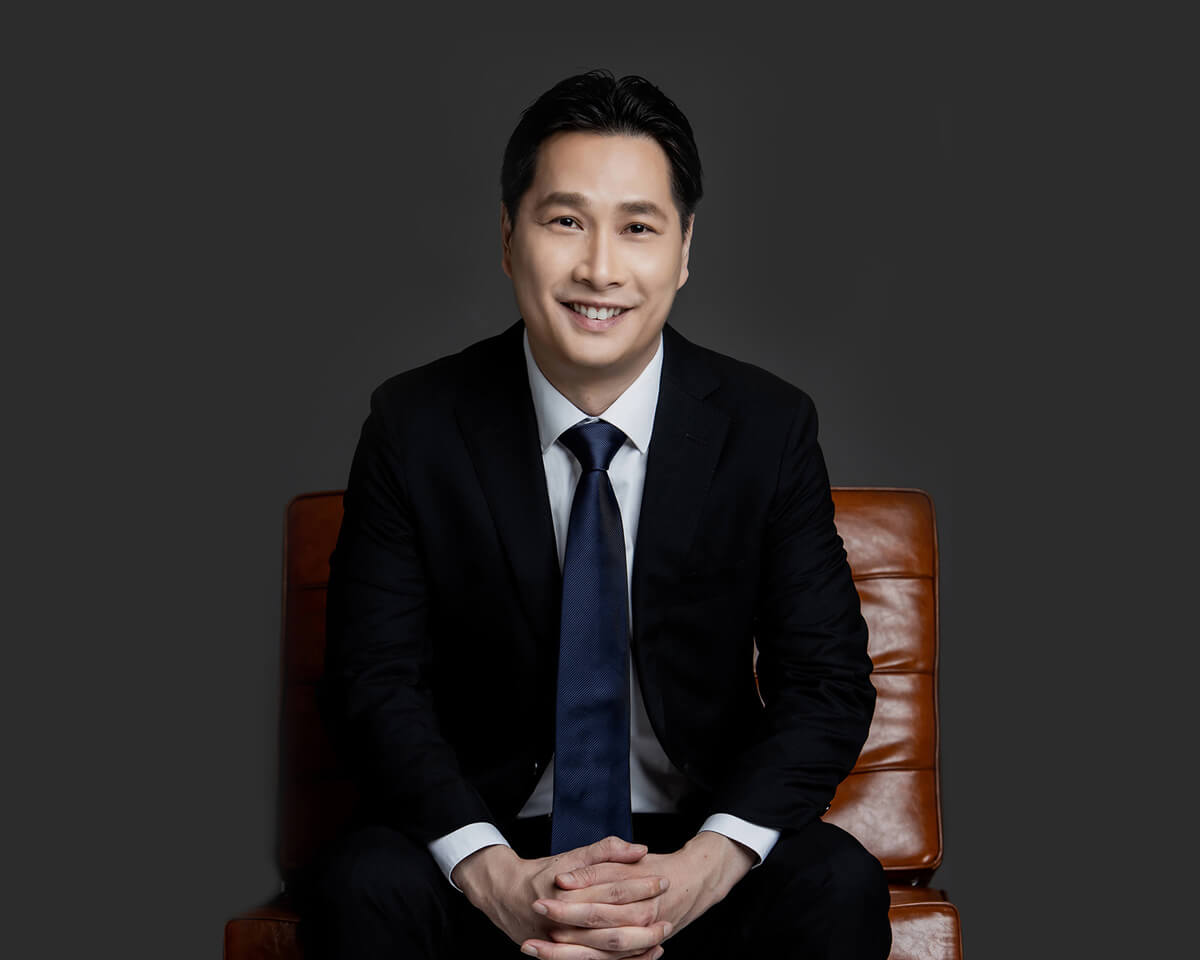
Medically reviewed by Dr. Tan Chuan Chien, Consultant General Surgeon (Breast & Thyroid Surgery)

A mammogram is an x-ray of the breasts and a screening and diagnostic tool used to examine and detect abnormalities in parts of the breast.
There are generally two types of mammograms — 2-dimensional and 3-dimensional mammograms.
A screening mammogram is a mammogram done on patients with no symptoms or signs to look for early breast cancer.
On the other hand, a diagnostic mammogram is usually performed when you experience any symptoms of breast cancer, such as the development of a lump.
According to the Singapore Cancer Society, breast cancer is the most common cancer among Singaporean women, with around 1,000 women diagnosed annually. Furthermore, approximately 1 in 13 Singaporean women will be diagnosed with breast cancer throughout their lifetime.
Presently, mammography is the most common and reliable screening method for breast cancer. It allows the detection of cancerous tumours or lumps that cannot be seen or felt. As such, mammograms are crucial in detecting breast cancer early.
In early breast cancer, there may be no noticeable symptoms. Without mammogram screening, you are unlikely to realise if you have breast cancer until there is a lump in your breast that is large enough to be felt or seen. Furthermore, most breast cancer cases are sporadic, meaning that you may be diagnosed with breast cancer even if you have no family history of breast cancer or other risk factors.
As such, it is important to undergo breast cancer screening such as mammograms as early detection of cancer cells can increase your survival rate with early treatment.
Similar to any type of cancer, there are several risk factors associated with breast cancer. However, possessing risk factors does not mean that you will get breast cancer, as some women may still get breast cancer even without having any. Having a risk factor simply means you have a higher chance of developing breast cancer in your lifetime.
Some of these risk factors include:
Before you go for your mammogram, there are several things you should prepare and take note of to ensure that you have a pleasant experience. Having a proper plan before your mammogram can minimise discomfort, as much as possible.
According to Singapore national screening guidelines, normal-risk Singaporean women aged 40 and above are recommended to go for a mammogram screening once every year. For those aged 50 and above, a mammogram screening is recommended once every 2 years.
Furthermore, if you belong to the high-risk groups, such as having a family history of breast cancer or other types of cancer, you may be recommended to commence screening earlier.
You should consult your doctor or breast specialist to discuss whether you should undergo a mammogram screening depending on your risk factors and symptoms once you reach the recommended age group.
During a mammogram, the x-ray technician will gently compress both your breasts between two transparent plates. Images of each breast will then be taken from different angles (depending on whether you are doing a 2D or 3D mammogram) by special x-ray equipment.
You will usually have to stand during the mammogram, and the entire process will take about 15 to 30 minutes, depending on your situation.
If you have breast implants, you can still undergo a mammogram screening. It is important that you inform your clinic that you have breast implants before scheduling an appointment.
Mammograms for breast implants are slightly different from a standard mammogram. Due to the materials used in implants (silicone or saline), which tend to obstruct the view of breast tissues, it is likely difficult for the x-ray machine to produce a clear view of your breasts.
Hence, your entire mammogram process may require a longer time to complete, as your doctor will need to take additional images of your breasts from different angles (implant displacement views). For these extra images, your implant will be pushed back against your chest, and your breast will be pulled forward over it and then compressed. This allows clearer imaging of the front part of each breast.
If you have a normal mammogram result, your doctor will likely advise you to continue with future mammograms according to the recommended schedule.
On the other hand, if you have an abnormal mammogram result, you are likely to be called back to undergo follow-up tests such as an additional mammogram view or even a breast ultrasound. However, this does not necessarily mean that you have breast cancer. Most of the time, you may be called back to undergo follow-up tests because the previous mammogram images are inconclusive.
Most abnormal findings on a mammogram are not breast cancer. The changes are usually benign (noncancerous). If your doctor suspects breast cancer, a biopsy may be performed to sample parts of the breast for further testing.
Breast cancer may be the most common cancer among Singaporean women, but it can be treated when detected early. Early detection through mammogram screening is the key to simpler treatments and improving the chances of surviving breast cancer.
Schedule your mammogram with our breast specialist Dr. Tan Chuan Chien: https://cctansurgery.com.sg/contact-us/


We are equipped with modern and updated equipment, and a team that will take care of all your needs.
Dr. Tan is a Fellow of the Royal Australasian College of Surgeons (FRACS). He is also accredited to practice as a Specialist in both Singapore and Australia.
Dr. Tan firmly believes that transdisciplinary care is the key to every patient’s recovery journey.
Dr Tan is available via video-consultations for patients who are not in Singapore.


Dr. Tan Chuan Chien is a Fellowship-trained Breast and Endocrine Surgeon practicing as a Consultant General Surgeon at Gleneagles Hospital, Singapore. He also sees patients at Mount Elizabeth Novena Specialist Centre and Parkway East Medical Centre. Dr. Tan is a registered Specialist Surgeon (General Surgery) in both Singapore and Australia.
Please fill up this form and we’ll get back to you shortly!
